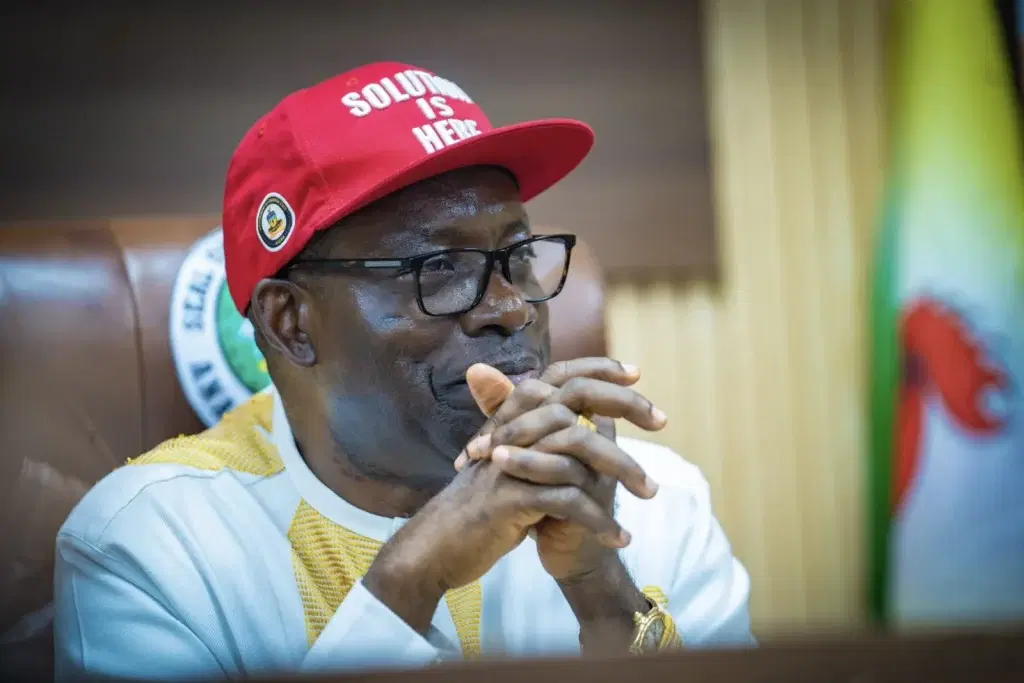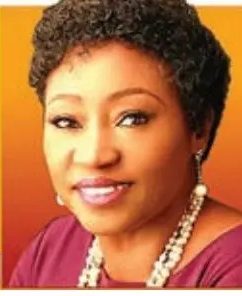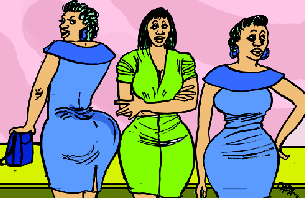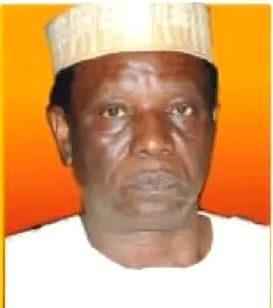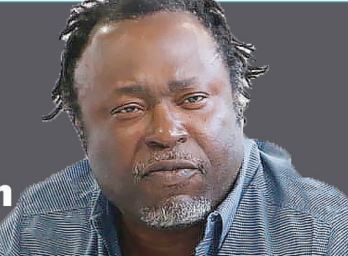
The Fulani and Nigeria, by Obi Nwakanma,
In the 1950s and 60s, the national canard was “Igbo domination.” The Igbo were everywhere in the establishment. They were at the forefront of the anticolonial Nationalist movement. Dr. Azikiwe, himself Igbo, had created the first real National newspaper chain, which had “imagined the nation” into being.
It was clear that Igbo dominated the very process of dissemination which made them visible, ambitious, and as the departing British used to say, “clever.” Yes, those “clever Igbo” who had pushed for a new nation to rise out of colonial control, and were prepared to roll up their sleeves, and build a modern, multi-ethnic and prosperous nation, and had spread across the nooks and carnies of Nigeria, as postmasters, teachers, railway workers, Chemists, treasury clerks, traders, artisans, and so on, seemed too ambitious, and too daring for many other Nigerians, who had settled to more sedentary cultures. The Igbo were always cross-border, boundary breakers. They found land, and they settled. They created new thriving communities.
With the building of Nigeria’s transnational Railway lines, from the turn of the last century, the Igbo, recruited for their skill in metallurgy and for hard labour, moved with the great modern tracks, and at each major Railstop, built new thriving communities or townships – the first of these Nigerian settlements, or urban conurbations, created by the colonial economy: Port-Harcourt, Aba, Umuahia, Enugu, Makurdi, Jos, Kafanchan, Zaria, Kaduna, Kano, Sokoto, Maiduguri, Ilorin, Offa, Ibadan, Lagos, Abeokuta – they brought with them, new energy, new skills, ambition, a powerful reinterpretation of space, and of course, a new economy which they loudly dominated. It was not the loudness of self-glorification. It was the loudness of enterprise and endeavor. The Igbo were then, strict, thrifty, and very shrewd businessmen.
An Igbo man could be a millionaire, with significant property in his portfolio, but would still ride about in his Raleigh bicycle. He lived well but not in the loud, self-aggrandizing ways of the noveaux riche. This strict, thrifty image of the Igbo gave the impression that the Igbo loved money too much, he was too cheap to spend it. He kept it all to himself. But the Igbo then and now invested money in their children, the well-being of their society, and put aside a bit for old age.
Their children went to the great schools. They took the prizes. They came tops in competitive endeavors in both sports and academics. The Igbo work ethic, his drive, his ambition, his interest in building a legacy, and that thing in the Igbo character, belief system, and the cultural psychology that a man’s fate in this world is determined largely by himself and his “Chi,” and not by king or master, of which the Igbo had none, made him seem cocky, unbending and unwilling to be subservient.
Only an Igbo Railways clerk could muster the gumption, walk to the Emir of Katsina, and say, “that you daughter, I want her as wife.” Well, why not? He too was special. That was what every Igbo mother taught her child: they were gods. They were not ordinary. They must never bow to another, or in doing that, shame their heritage, and the divine womb that bore them, which made the Igbo child, children of the daughters of the goddess, Ala, and in general, “Umu Chukwu” – divine progenies of the almighty God.
A people with such an identity, and who saw themselves exceptionally through the mirror stage of development, were bound, at the very least, to be infuriating, to those who encounter them in the new nation.Ahmadu Bello was scared of them. Asked by a British reporter about the “Northerners obsession about the Igbos,” Ahmadu Bello said: “the Igbos are more or less the type of people whose desire is mainly to dominate everybody.
If they go to a village or a town, they want to monopolize everything in that area. If you put them in a labor camp as a labourer, within a year they will try to emerge as headman of that camp…” To be fair, it was not only Ahmadu Bello who was obsessed with the Igbo. Everybody was obsessed with the Igbo.
The Igbo formed the powerful backbone of intercity and pan-national trade, moving goods, people, and culture, up and down Nigeria, and opening new frontiers of nation. This put them in the crosshairs of other Nigerians. Igbo visibility made them threatening. That was why the civil war was so brutal. Those who felt threatened by the Igbo concocted all kinds of hateful legends about them, accused them of greed, of an ungodly love of power, of money, and of ambition – to dominate Nigeria. They still do. But from the end of the civil war, specifically, since Shehu Shagari emerged as President of Nigeria from the second republic, a new legend has emerged in Nigeria, which has replaced the myth of the “Igbo domination.” Now, it is the great fear of the Fulani and of Fulani domination. This legend has been utterly promoted by the Lagos press. It has now assumed the force of truth.
It has also been conflated with the Islamic movement to overrun Southern Nigeria. These two forces of history have been fused, tocreate a highly inflammable and toxic narrative in which the Fulani have become the new Igbo, who want to establish dominion over the rest of Nigeria. Even adult, educated Nigerians pee in their pants, just thinking of these horde of Fulani raping, stealing, and resettling Nigeria militarily, in a new Jihadi movement. In fact, the story has moved from the Hausa-Fulani domination of Nigeria, to a Fulani domination of Nigeria. The Hausa has been left off the hook – at least, for the moment. But what are the sources of these stories; these legends that amplify the hatred of one group, by the rest? The Nigerian press has lent too much to this angle. But Fulani domination of Nigeria is a myth. I have said this before. It needs to be re-emphasized: the Fulani do not have the numbers, and the strategic capacity – the techne – to dominate Nigeria.
I want Nigerians to understand carefully, what I am saying here: I am not saying that the thought may not have crossed the minds of key Fulani, especially possibly in recent times, to secure and keep advantages which will make whatever they see as Fulani interest secure and permanent in Nigeria. But usually, those interests are private and personal. They often are not secured by wide approbation. There is in Fulani culture, an underclass, the result of a feudal system that has insisted on its own perpetuation.
There is also the pastoral Fulani – herders, frontiers men, whose service to the ecosystem has hardly been acknowledged in the high decibel of noise currently created around the “Fulani herdsmen.” The Fulani cattle herder has ironically, preserved, and continues to practice the most environmentally friendly, and ecologically sustainable system of cattle rearing.
Mobile herding reduces the dangers of industrial scale ranching with its dangers of deforestation, soil degradation, water pollution and depletion, greenhouse emission and waste pollution, extreme zoonotic diseases, genetic manipulations, and antibiotic resistance that pose serious public health issues for both man and animal. I was not personally opposed to the idea of creating a country wide feeder route with way stations for watering and veterinary services as proposed by the Buhari administration. We already have such stations in the East for instance. There used to be the Garrick station in Umuahia, for instance. What Nigerians argue against, and continue to resist, is the seizure of peoples ancestral land to resettle migrant Fulani from outside of Nigeria.
But Nigerians must also understand the compelling situation of the Fulani. These folks are driven by the environmental changes that is currently impacting pastoral life. They live at the margins of society. The myth of Fulani overlordship of Nigeria is an invented myth, because the Fulani do not have the numbers. The Fulani are a minority group in Nigeria. The city Fulani are highly educated. Highly resourceful.
Highly ambitious and talented, and driven by the same land hunger that compels groups like the Igbo and those ‘aquatic nomads’, the Ijaw, and such other people to seek new anchors.The Fulani circulate, migrate, and find new settlements within the context of nation. These result in extreme conflicts. The history of all history, however, is the history of human migration. And so, the Igbo especially, who have suffered the consequences of hatred and fear, because of the false accusation about “Igbo domination,” must be very wary of joining in the demonisation of the Fulani, based on the falsehood of a “Fulani domination.”
The post The Fulani and Nigeria, by Obi Nwakanma appeared first on Vanguard News.
,
In the 1950s and 60s, the national canard was “Igbo domination.” The Igbo were everywhere in the establishment. They were at the forefront of the anticolonial Nationalist movement. Dr. Azikiwe, himself Igbo, had created the first real National newspaper chain, which had “imagined the nation” into being. It was clear that Igbo dominated the very process […]
The post The Fulani and Nigeria, by Obi Nwakanma appeared first on Vanguard News.
, , Emmanuel Okogba, {authorlink},, , Vanguard News, September 7, 2025, 1:08 am



